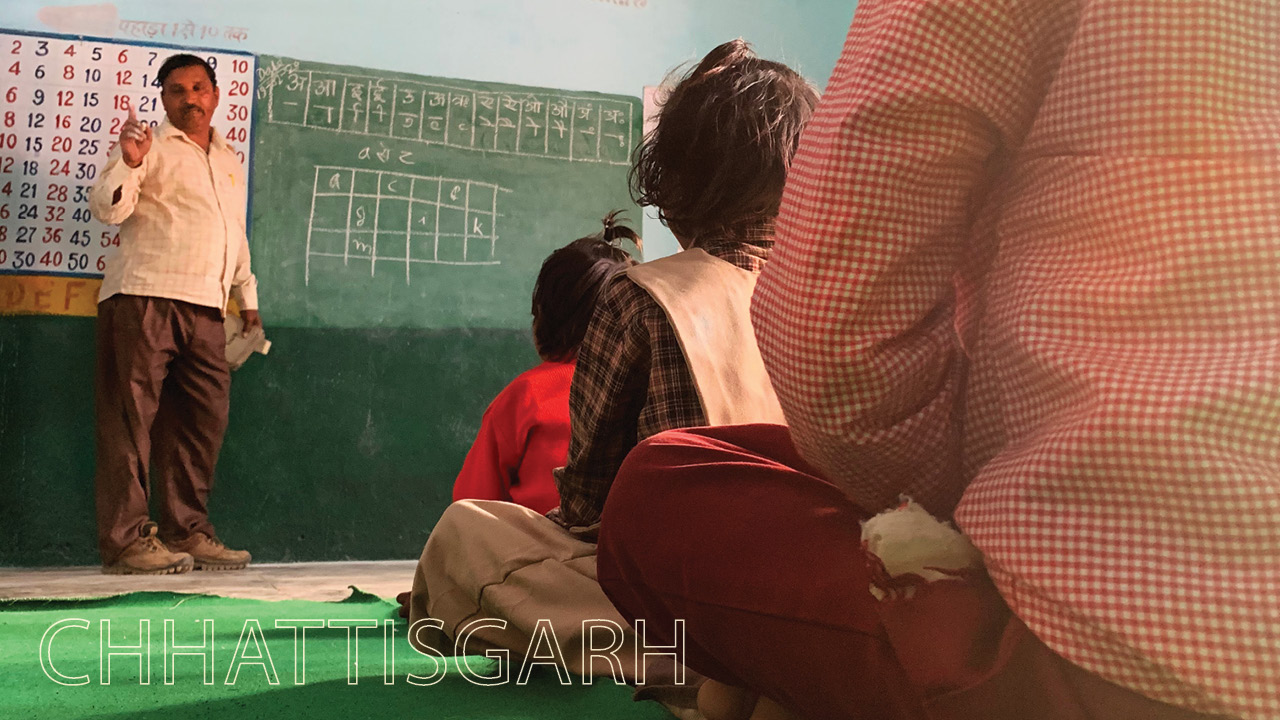Delhi’s governance footprint in 2024 reveals a complex picture of innovation-led project delivery, strong digital infrastructure, and sectoral leadership, contrasted by limited fiscal visibility and underutilised institutional scale. In the SKOCH State of Governance Index 2024, Delhi ranks #23, placing it in the lower half among Indian states and Union Territories. While this marks a decline from its earlier high-performer status, the Union Territory continues to demonstrate pioneering efforts in digital public services, creative economy promotion, and sports governance through centrally sponsored initiatives.
Across the six SKOCH indices developed under the Viksit Bharat framework, Delhi’s rankings are as follows:
- Governance Outcomes Index: #23
- e-Governance Infrastructure Index: #6
- Transformation Index: #23
The standout performance comes in e-Governance Infrastructure, where Delhi ranks #6 nationally. This reflects high tele-density, a strong digital services framework, and robust citizen engagement via platforms like DIKSHA and e-Film Clearance. However, its low ranking in the Transformation Index—#23—suggests that digital readiness has not yet translated into integrated programmatic delivery across sectors. The lack of reported rankings in the Finance, Efficiency, and Development indices points to a need for greater transparency and systemic reporting in Delhi’s fiscal and cross-sectoral governance.
Despite the aggregate ranking, Delhi’s sectoral initiatives are ambitious, high-tech, and nationally significant. Projects like INFRACON, e-Film Clearance, and DIKSHA represent some of India’s most scalable and digitally enabled governance innovations. These initiatives illustrate Delhi’s strategic focus on infrastructure reform, creative economy, athlete empowerment, and ed-tech delivery—domains where the city-state continues to punch above its administrative weight.
Delhi’s digital infrastructure continues to be among the best in the country. The INFRACON Portal, developed by NHIDCL, has transformed infrastructure procurement by automating technical bid evaluations and introducing Aadhaar-based KYC, grievance redress, and real-time tender updates. The platform has benefited over 22,000 stakeholders and is now being explored for replication in other states like Kerala.

In the domain of creative economy and tourism, the Delhi Film Policy and e-Film Clearance System has modernised the state’s image as a film shooting destination. By streamlining multi-agency permissions into a single-window online portal, Delhi has approved 50+ film projects and attracted national and global attention, including visibility at Cannes and WTM London. This aligns with Delhi’s broader ambition to lead in cultural and service economy sectors.
Another national innovation emerging from Delhi is the Know Your Medicine (KYM) App by NADA, which empowers over 1.05 lakh athletes and stakeholders to avoid inadvertent doping violations. This initiative exemplifies how tech-driven governance tools can build trust, reduce risk, and enhance India’s reputation in international sports. The app’s voice, text, and image-based search features make it a best-practice model for other countries’ anti-doping agencies.
In education, Delhi plays a key role in scaling DIKSHA—India’s national platform for digital learning—through the Digital India Corporation. In 2023–24 alone, the platform recorded over 17 crore course enrollments, issued 12 crore certificates, and facilitated 534 crore learning sessions. These outcomes reflect India’s commitment to “One Nation, One Digital Platform” and highlight Delhi’s contribution as a digital education anchor.
However, governance gaps persist. Delhi’s #23 rank in the Governance Outcomes and Transformation Indices points to weak systemic alignment between innovation and execution. While Delhi excels in launching high-profile, centrally supported tech projects, it struggles to institutionalise them across departments or scale them uniformly. Additionally, the absence of reported rankings in the Finance and Efficiency Indices raises concerns over fiscal accountability and resource optimisation—two critical levers for long-term development.
To improve its overall performance, Delhi must:
- Strengthen intra-departmental coordination to ensure that e-Governance initiatives translate into cross-sectoral delivery outcomes.
- Enhance fiscal transparency by participating in Finance and Efficiency indices through structured data disclosure.
- Scale local-level governance models, especially in health, municipal services, and district governance, which currently lack sufficient representation in national evaluations.
- Capitalise on its leadership in creative economy and education tech by deepening public-private partnerships and promoting inclusive participation.
Delhi remains a national hub of policy innovation and digital experimentation. To transform this advantage into long-term governance excellence, the city-state must now build institutional depth, fiscal discipline, and district-level delivery models that match the ambition of its flagship projects. With these reforms, Delhi could reclaim its position among India’s most efficient and development-ready states.
In the SKOCH State of Development Index 2024, Chhattisgarh ranks in the lower-middle tier. The Index combines Governance, e-Governance, and Fiscal performance, and while the state has made advances in human development indicators through health and skill initiatives, the score reveals gaps in financial sustainability and technology-enabled services. Compared to Odisha (a similar resource-rich, low-income state), Chhattisgarh falls short in capital formation and inter-sectoral convergence. Its development strategy must now shift from input-oriented spending to output- and outcome-based models.



